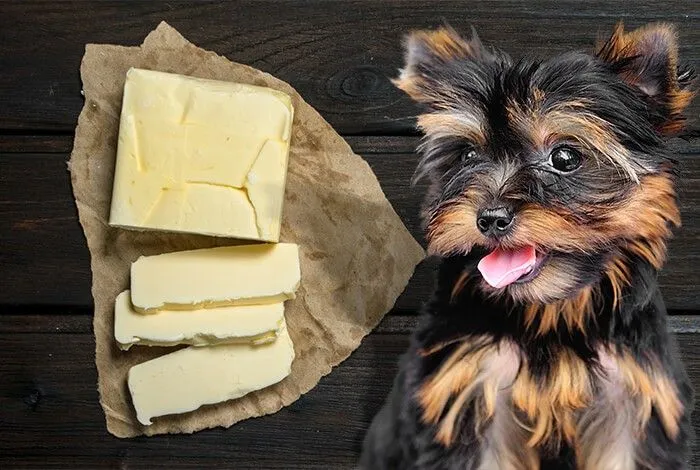As pet owners, we often find ourselves sharing our favorite foods with our furry friends. However, not all human foods are safe for dogs. One such food that raises questions is butter. Can dogs eat butter? The answer is not a straightforward yes or no. While butter is not toxic to dogs, it is not the best choice for their diet. Let’s explore the potential benefits, risks, and considerations when it comes to dogs consuming butter.
What Is Butter?
Butter is a dairy product made by churning cream or milk to separate the butterfat from the buttermilk. It’s rich in fat and calories, which can be appealing to dogs. However, its high fat content can lead to several health concerns if fed inappropriately.
Nutritional Content of Butter
Butter contains several nutrients, including:
- Fat: Butter is composed of about 80% fat, mainly saturated fat.
- Vitamins: It contains small amounts of fat-soluble vitamins, such as vitamins A, D, E, and K.
- Calories: Butter is calorie-dense, providing around 100 calories per tablespoon.
While these nutrients are beneficial in moderation, they can also lead to complications in a dog's diet, particularly if consumed in excess.
Can Dogs Eat Butter?
Yes, but with caution. While butter is not inherently toxic to dogs, it is not recommended as a regular part of their diet. Here are some reasons why:
-
High in Fat: The high-fat content in butter can lead to obesity in dogs if consumed regularly or in large amounts. Obesity can, in turn, lead to a host of health issues, including diabetes, joint problems, and heart disease.
-
Digestive Issues: Dogs' digestive systems are not designed to handle large amounts of fat. Feeding them butter can lead to gastrointestinal upset, including diarrhea, vomiting, and pancreatitis—a serious condition that requires veterinary care.
-
Lactose Intolerance: Many dogs are lactose intolerant, meaning they have difficulty digesting lactose, the sugar found in milk and dairy products. Since butter contains some lactose, feeding butter to lactose-intolerant dogs can cause bloating, gas, and diarrhea.
When Might Dogs Need Butter?
There are a few situations where a small amount of butter might be acceptable for dogs:
-
As a Treat or Topping: A small amount of butter may be used as an occasional treat or topping for medications to make them more palatable for dogs that are picky eaters. However, this should be done sparingly.
-
In Homemade Treats: If you’re making homemade dog treats, you can use butter in small quantities as part of the recipe. Just ensure that the overall treat is balanced and healthy.
Safe Alternatives to Butter
If you’re looking for healthier alternatives to butter that can be beneficial for your dog, consider the following options:
-
Peanut Butter: A popular treat among dogs, peanut butter is high in protein and healthy fats. Choose unsweetened, natural peanut butter without added sugar or xylitol (which is toxic to dogs).
-
Coconut Oil: Coconut oil is a healthier fat option that many dog owners use. It has various health benefits, including promoting healthy skin and a shiny coat. Introduce it gradually, as it is high in fat.
-
Pumpkin Puree: Canned pumpkin (not the spiced pie filling) is a nutritious treat high in fiber and beneficial for digestion. It’s low in calories and can be mixed with dog food or served as a snack.
-
Broth: Unsalted chicken or beef broth can be used as a flavor enhancer for your dog’s food. It’s a low-calorie option that adds taste without the fat content found in butter.
Conclusion
In conclusion, while dogs can technically eat butter, it should not be a regular part of their diet due to its high-fat content and potential digestive issues. Moderation is key, and it's essential to consider healthier alternatives that provide beneficial nutrients without the risks associated with butter.
If you ever have doubts about what foods are safe for your dog, it’s always best to consult your veterinarian for personalized advice. Your furry friend's health and well-being should always come first!


